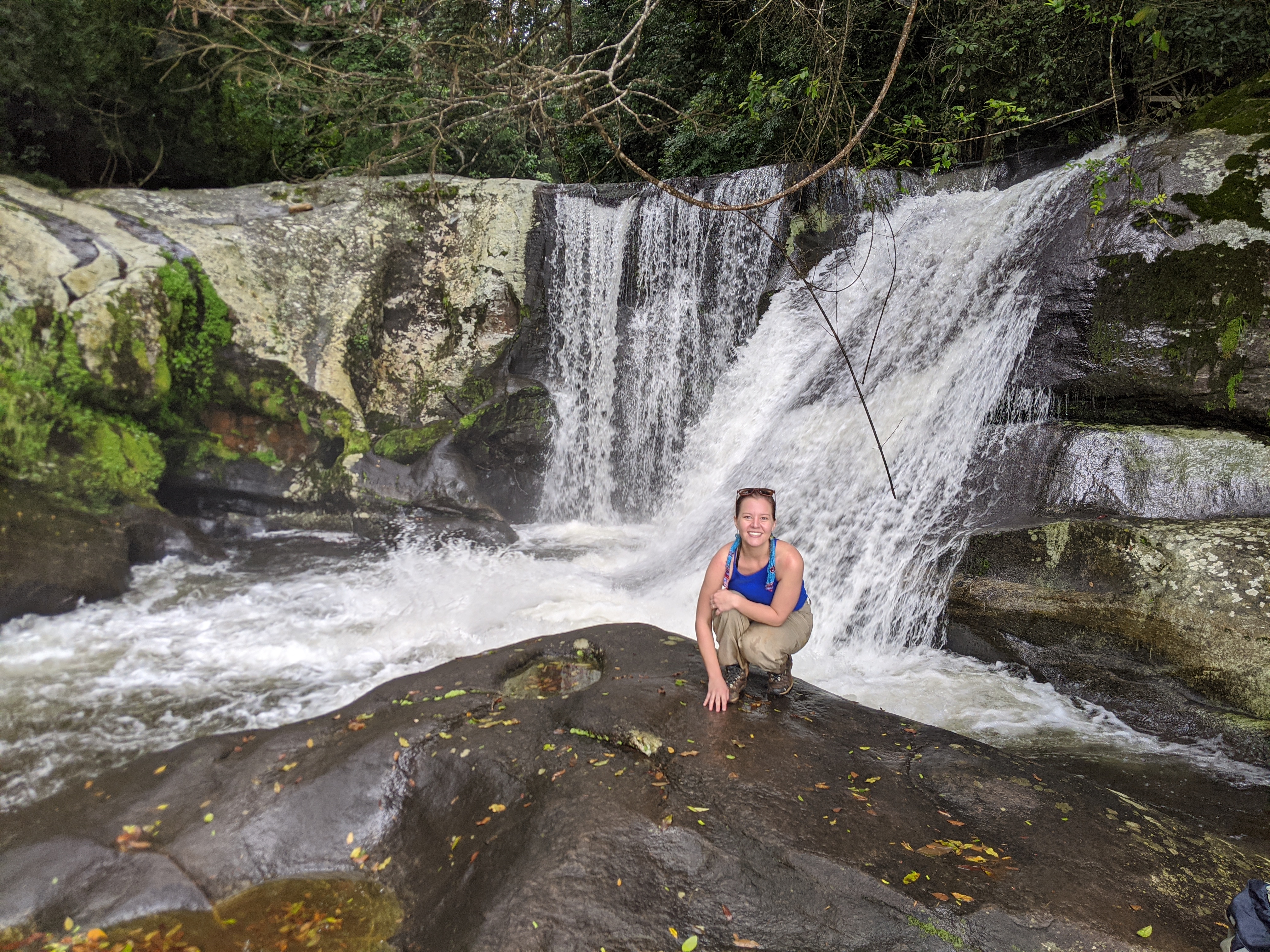This is a continuation of our "IANR is Global" series, which highlights the many ways internationalization is woven through the Institute of Agriculture and Natural Resources: through research collaboration, government and private industry partnerships, extension work, student educational experiences and the IANR community from around the world.
This edition is specifically focused on the many global voices we have or have invited to campus who will be sharing their expertise through seminars during fall semester 2020. Natural resource sciences doctoral student Marnee Roundtree, alongside entomology doctoral student Gabriela Inveninato Carmona will be sharing “International Plans...Interrupted” on October 6 at 12:30 p.m. as part of the Institute's Global Voices Seminar Series. We appreciate the expertise we are fortunate to have from all over the world, as shown by their many and varied contributions to the work of the university and our continued mission to create a globally engaged institution. To this end, we want to help our campus community get to know each other (and the world) more, starting with these experts.
Where is home for you? Where did you receive your education?
I grew up in a tiny town in Nebraska called Parks. The nearest town with a grade and high school was Benkelman and was a consolidated school with four other towns to form Dundy County-Stratton High School. I went to university at UNL.
Tell us a little about your path to where you are now.
I was actually pre-med for the entirety of my university time and finished with a primary degree in Psychology and a minor in Biology. I took the MCAT but decided to take a year off to get a bit more of the real-world experience through an international internship in Malta. I realized I didn't want to pursue a medical degree upon recognizing my passion for the outdoors and environment, so I worked in the biology industry for a while and took a field course at Cedar Point Biological Station to finish up a biology major. I took an internship at the Henry Doorly Zoo and was in a roundabout way introduced to my advisor through a speaker during my time there.
Are you engaged in any international collaborations in your current role?
Yes, I collaborate with two different NGOs in Tanzania. One helps children with special needs and the other is working on environmental education and conservation with multiple villages.
Why is it important for institutions like UNL to invite and hear from speakers from and/or with experience from around the world?
Our world is only becoming more globalized and intimately interconnected with other countries. Incorporating different views, lifestyles, and cultures broaden our understanding of the greater world around us and deepens our understanding of ourselves and own history. In order to better communicate and provide broader impacts for our town, state, and country, it is imperative to become part of the larger engagement. Without those varying perspectives, we risk hindering growth and understanding on a larger scale.
What is one piece of advice you would share with students, especially those who are interested in an international career?
Be open. It's easy to come from somewhere thinking you've made up your mind or have strong opinions on everything, but until you really immerse yourself in other viewpoints and perspectives, try to keep an open mind. Speak less and listen more and get out of your comfort zone as often as possible.
We encourage the campus community to attend Marnee and Gabi's panel webinar at 12:30 p.m. on October 6 via Zoom.
---
Are you giving a seminar in fall 2020 (or the future) and have an international element to your work, studies or experiences you'd like to see highlighted? Contact Brianne Wolf at bwolf4@unl.edu.
